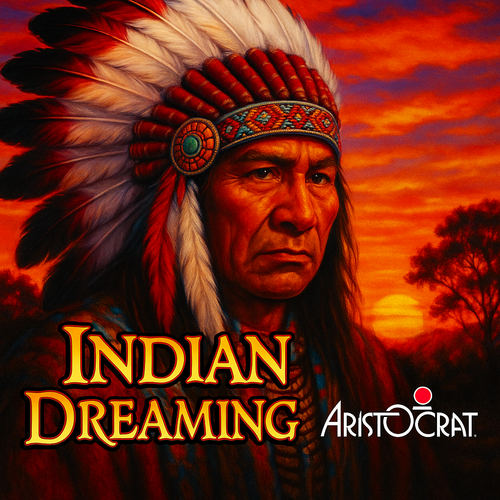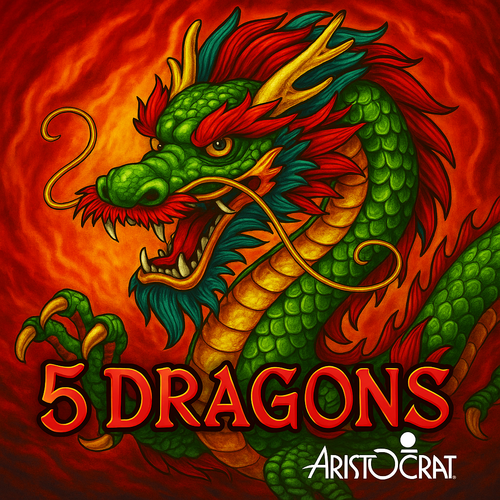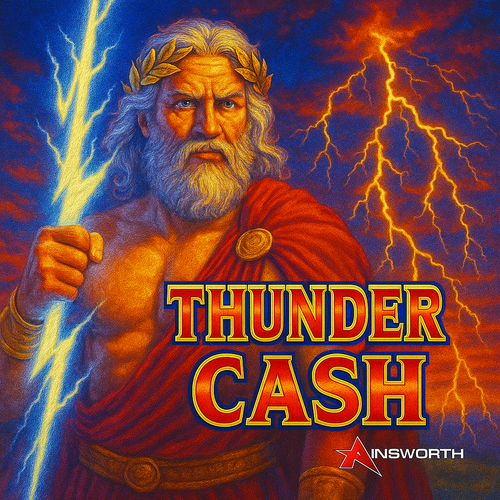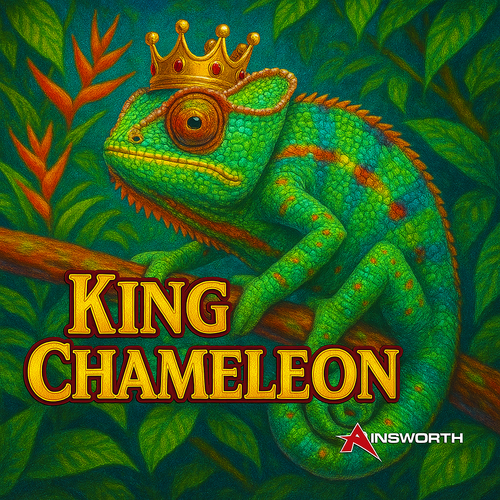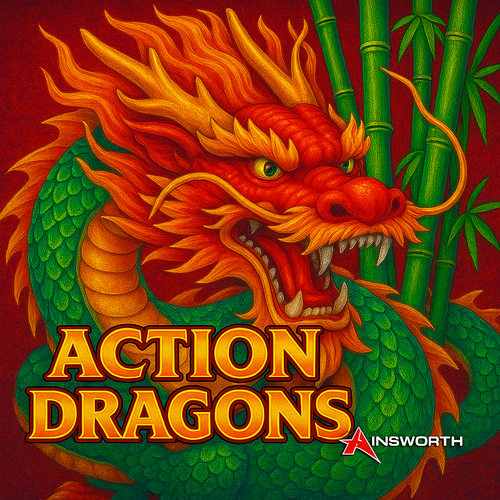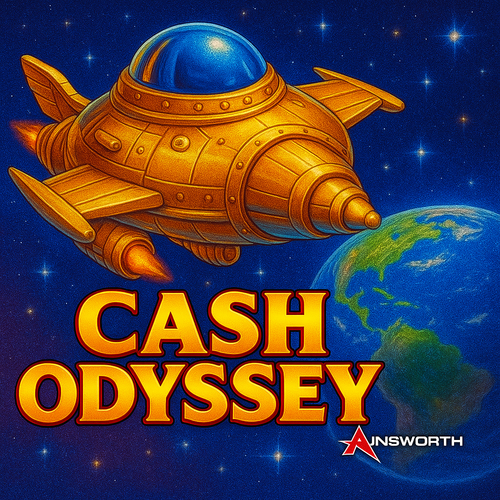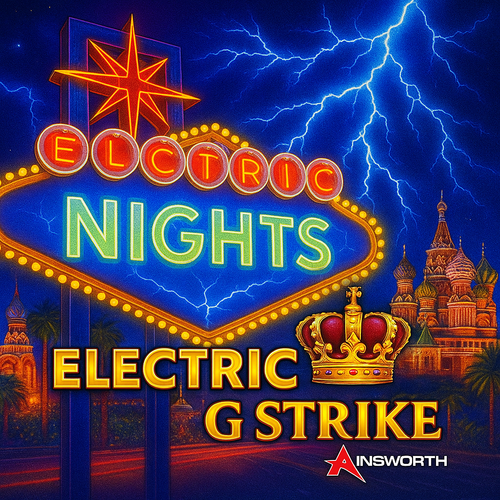What to Do About Gambling Addiction - Resources and Tips
Introduction
Gambling, including real-money slots, can be fun, but for some players they cross the line and become a problem. Game addiction is a condition in which a person loses control of his behavior, continues to play despite the negative consequences and has difficulty stopping the game. Australia has a developed system of assistance for such cases. It is important to know how to recognize the problem and where to turn.
1. Signs of gaming addiction
Constant thoughts about the game and betting planning.
Increasing the amount of bets to get the previous level of excitement.
Attempts to recoup after losing at any cost.
Playing debt or selling property for bets.
Lying to loved ones about time and money spent on gambling.
Neglect of work, study, family.
Feeling irritated or anxious when trying to stop playing.
2. First Steps When Realizing a Problem
1. Recognize the presence of dependency - this is a key moment to start changes.
2. Limit access to games - Use the casino's self-exclusion and account blocking features.
3. Put financial barriers - close access to loans, set limits on transfers.
4. Tell your loved ones - the support of family and friends significantly increases the chances of recovery.
5. Seek professional help - psychologists, addiction counselors, specialized organizations.
3. National and regional aid resources in Australia
Gambling Help Online - round-the-clock online support, chat, telephone consultations.
Lifeline Australia - Crisis Help on 13 11 14.
BetStop - National Self-Exclusion Register is a centralized self-exclusion system from all licensed online casinos.
State and Territory Hotlines:- Victoria: Gambler’s Help (1800 858 858)
- New South Wales: Gambling Help NSW (1800 858 858)
- Queensland: Gambling Help Queensland (1800 858 858)
- South Australia: Gambling Help Service (1800 858 858)
4. Self-help methods
Keeping a game diary - Record when and how much you play to see the real extent of the problem.
Habit replacement - plan alternative activities (sports, hobbies, meetings with friends).
Financial control - use a separate account or card with a limited balance.
Avoiding triggers - do not visit sites and places associated with excitement, delete casino applications.
Establish a clear recovery plan with goals and timelines.
5. Professional treatment
Cognitive behavioural therapy (CBT) - helps change the mindset and habits associated with excitement.
Support groups are anonymous players (Gamblers Anonymous) and online communities.
Financial advice - help with debt management and budget recovery.
Psychotherapy - to work out the causes of addiction (stress, depression, trauma).
6. How to prevent relapse
Keep financial transactions under control.
Continue to attend support groups even after condition improves.
Keep your distance from game stimuli.
Set new goals outside the gambling sphere.
Regularly assess your emotional state.
Conclusion
Gaming addiction is a serious problem, but it can be controlled and treated with timely action. Australian players have access to a wide range of assistance tools - from self-exclusion to professional therapy. The main thing is to recognize the problem, take the first step and use the available resources. The earlier recovery is started, the higher the chances of returning life to balance and maintaining excitement as a safe entertainment.







